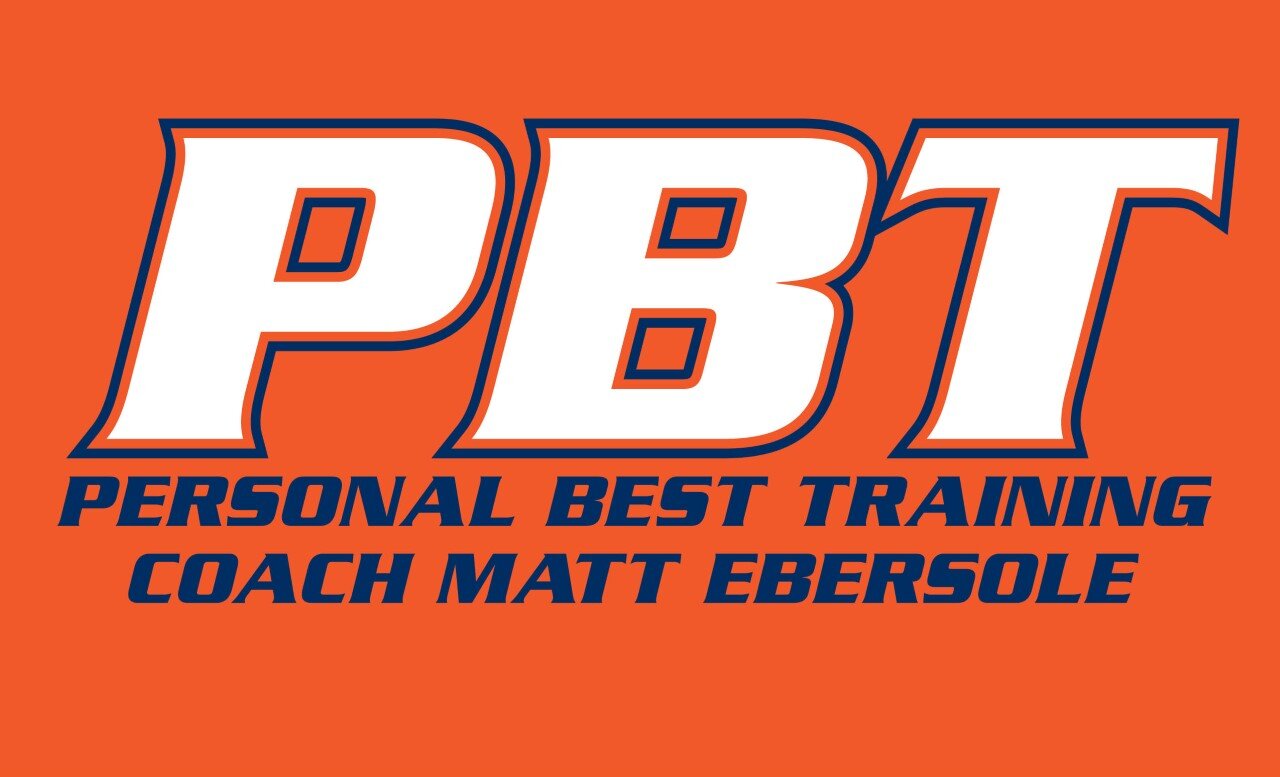I appreciate complex things simplified to their essence as much as the next person, but some things are less easily reduced to a single bullet point. While running may be the most simple sport, not to be confused with easy, there is more to it than right, left, right, left, and repeat. To do it well there are a number of things of importance worth your attention. Here are a few of them.
Let’s start with the most obvious thing that matters but often hides in plain sight. Mileage matters. There is no substitute in training for mileage. Of the three basic things one needs to do to get faster, more running has to happen when one begins training and will have to happen again after the other two are addressed. Increases need to be gradual and progressive to be effective. Otherwise, injury or lack of improvement will occur. One of the things that only experience at higher mileage can tell you is that oddly enough you feel stronger with more rather than with less. While there is a level of chronic fatigue with significant mileage you will actually feel stronger while running. Yes, there are smart ways and not so smart ways to increase mileage, but don’t let that lead you to think mileage does not matter.
Quality matters. Finding the right balance between quality running and mileage is what any runner or coach should spend much of their time pondering. While doing a long run you have probably found as you get stronger it takes more and more miles before your legs become fatigued and your energy level starts to drop. That’s great news, you are improving! However, that’s also where the training effect starts to diminish from the same distances that used to be incredibly effective. There are only so many times a week you can run long enough to get that training effect, so running harder will now be necessary to get you to that point. Recently while doing a “short” long run with a mix of quality, it was very clear when our watches told us we were at 6 miles our legs where already telling us we were at 12 miles, we were getting great long run training effect on a shorter day.
The long runs, the mileage, and the high intensity workouts get all the glamour. Meanwhile, the small things matter. Small things like staying flexible, getting strong, maintaining balance, not letting your shoes get too old, warming up, cooling down, keeping the easy days easy, and the list goes on. These are all the little things that allow the big things to get done. Without the little things you become the fittest cheerleader on the sideline.
One of those little things is important enough to get it’s own category. Sleep matters. Sleep is the magic in training. Without adequate sleep you do not recover and you do not adapt to the training. Not to mention you’re worthless for everything else that you do during your waking hours.
Recovery matters. I have alluded to this in the last two subjects but again this deserves it’s own category. Recovery tells us everything we need to know about your training. How long does it takes to recover between intervals, from a hard workout, from a high mileage/quality week, and how many days of recovery or reduced training do you need to be ready to race? These answers tell us if your training load is being maximized or if it’s beyond your current ability.
Racing matters and is important for three primary reasons. One, it’s the best gauge of your fitness and should set expectations going into the most important races. Two, there’s no training quite like racing. It’s very rare to have a workout where you give a sustained effort at 100% with nothing held back. If you plan to give your best on marathon day it makes pretty good sense to practice giving your best even (& especially) at shorter and more intense distances a time or two before then. The last important reason to race is that it stirs up the crazy. To get into three hour marathon shape (or whatever your goal) is one thing. To actually run a three hour marathon is another. A big part of that is because of the race day crazy that happens and the decision making that is necessary during the race. Practicing making the right decisions under pressure will give you your best shot at cashing in your fitness.
Support matters. Most runners have a high level of self-reliance and as a matter of fact typically that’s one of the great attractions of running. You don’t have to count on a team, the coach doesn’t have to like you, there are no politics regarding playing time, you just go out and race and only your performance matters. However, the higher level at which you’re training the more important the support becomes. Support comes from many directions. The support of training partners, whether they are at the same level or faster or slower, and having some level of accountability and interaction with runners of a similar mindset is vital. Having the support of a coach or a veteran runner that knows what you’re going through, knows the pitfalls, and knows how to make the most of your effort will keep you on track. The support of the important people around you, especially at home, is critical. Make sure your training not only fits into your life but into the life of those that are important to you. Figure out the right level of give-and-take and where you can cheer them on and support them when you’re not running to make this work. Their encouragement and support and having them to celebrate with you makes all of your accomplishments so much better.

